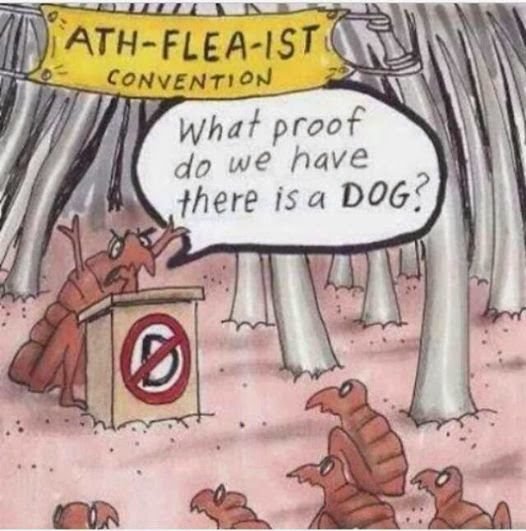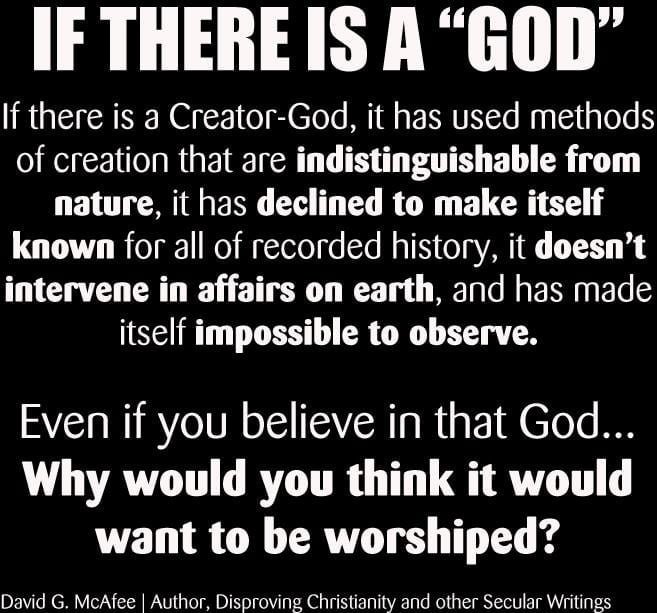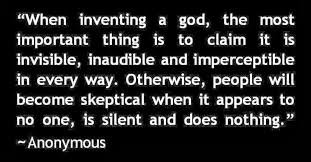
One thing is for certain during the Coronavirus pandemic: COIVD-19 is no respecter of persons. COVID 19 infects and kills young and old, rich and poor, blacks and whites, Evangelicals and atheists. Evangelicals have long argued that the United States is a Christian nation; that we are a people uniquely chosen by God. If this is so, then a logical conclusion one can reach is that most of the people getting infected with COVID-19 and dying are Christians. Why isn’t God protecting his own? Surely this virus would be an excellent tool for God to use to wipe out atheists, agnostics, humanists, Muslims, and other nonbelievers. Why, then, are so many Christians dying, including pastors? (Please see Understanding the Pastors Who Refuse to Close Their Churches During the Coronavirus Pandemic.) How do Evangelical pastors explain the nondiscriminatory nature of COVID-19? This post will delve into the explanations pastors use to defend their God during times such as this.
Evangelicals believe that God is actively involved in his creation. God is a prayer-answering deity who is intimately involved in the lives of Christians. God knows exactly how many hairs are on our heads, and he controls every aspect of our lives on planet Earth. God determines who lives and who dies, and he even controls the weather. (Please see Is God to Blame for Weather that Kills People?) According to Evangelicals, God is omnipotent, omniscient, and omnipresent. God is all-powerful, all-knowing, and present everywhere. Allegedly, no matter where any of us goes, God is there. Having sex? Using the toilet? Masturbating? Making out in the back seat of a car? God, the ultimate voyeur, is watching. And not only is God watching, but he is also recording every deed every human commits. Think of that for a moment. Seven billion people live on earth, yet God is recording every thought, word, and deed, all the while hearing and answering every prayer uttered by Christians. I gotta say, God sure has a Type-A, workaholic personality. You would think that God would delegate some of this to angels, but based on every sermon I’ve heard on this subject, it is God alone who does these things.
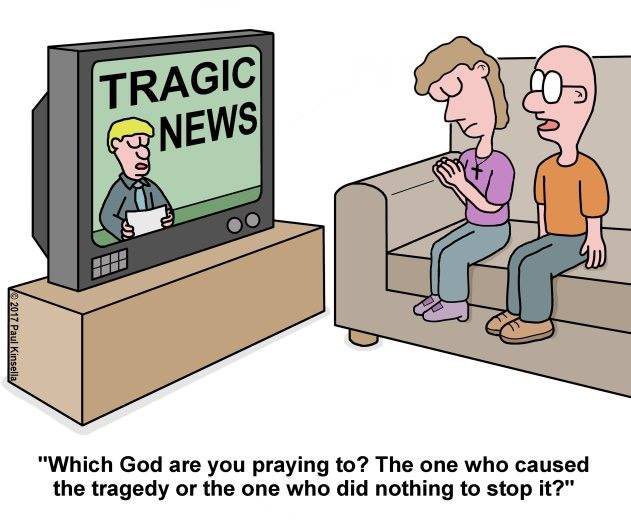
You would think the present pandemic and widespread deaths would perhaps cause Evangelicals to at least think about their God’s culpability in what is going on. However, this sort of reevaluation is unlikely to happen. One thing is certain, whenever something happens that makes God look bad — and believe me he has a lot of bad press these days — Evangelical preachers will take to their pulpits in defense of God. No matter how tragic things become, God’s character and honor must always be defended.
You see, Evangelicals believe that God is good all the time; that God cannot do anything bad or evil. He is, after all, God, and he tells us in the Bible that he is a good God. And therein is the problem: the Bible. Evangelicals believe the Bible was supernaturally written by God, so whatever it tells about his character and behavior is true. When questioned about the parts of the Bible that cast God in an unflattering light; the parts where God is portrayed as a capricious, arrogant, violent, genocidal son of a bitch, Evangelicals are quick to quote Isaiah 55:8,9:
For my thoughts are not your thoughts, neither are your ways my ways, saith the Lord. For as the heavens are higher than the earth, so are my ways higher than your ways, and my thoughts than your thoughts.
In other words, things are not as they seem to unbelievers. What do they know anyway? People such as myself are portrayed as apostates, reprobates, haters of God. Nothing we say about God or the Bible has any merit. Christians just need to trust that God always has their best interests at heart:
And we know that all things work together for good to them that love God, to them who are the called according to his purpose. (Romans 8:28)
Evangelical preachers frequently remind congregants that God is good all the time and that everything in their lives works together for their good. Week after week this notion is reinforced, so that when tragedy, heartache, and death strike, God is always given a pass. Either God has a higher purpose or plan, or he is using circumstances to test them, try them, or lovingly correct them. God, then, is the “loving” father, who physically abuses his children, but when asked why he does so, God replies, “because I love them.” God is akin to a man who violently beats his wife every day, all the while telling her, I love you, I love you, I love you. Is such behavior really love? Of course not.
As long as Evangelicals view God in this light, they will never question his culpability in everything from mass shootings to pandemics and from wars to famine. On Sundays, with eyes closed and hands raised, Evangelicals sing Don Moen’s 1995 classic worship song, God is Good All the Time:
God is good all the time
He put a song of praise in this heart of mine
God is good all the time
Through the darkest night, His light will shine
God is good, God is good all the time
God is good all the time
He put a song of praise in this heart of mine
God is good all the time
Through the darkest night, His light will shine
God is good, God is good all the time
If you’re walking through the valley
And there are shadows all around
Do not fear, He will guide you
He will keep you safe and sound
He has promised to never leave you
Nor forsake you, and His word is true
God is good all the time
He put a song of praise in the heart of mine
God is good all the time
Through the darkest night, His light will shine
God is good, God is good all the time
We were sinners and so unworthy
Still for us He chose to die
Filled us with His Holy Spirit
Now we can stand and testify
That His love is everlasting
And His mercies, they will never end
God is good all the time
He put a song of praise in this heart of mine
God is good all the time
Through the darkest night, His light will shine
God is good, God is good all the time
Though I may not understand
All the plans you have for me
My life is in your hands
And through the eyes of faith
I can clearly see
God is good all the time
He put a song of praise in this heart of mine
God is good all the time
Through the darkest night, His light will shine
God is good, God is good all the time
God is good all the time
He put a song of praise in the heart of mine
God is good all the time
Through the darkest night, His light will shine
God is good, God is good all the time.
And as long as Evangelicals keep their eyes closed to the reality all around them, the “God is good” charade is maintained. Thus, when Evangelical preachers and church members are afflicted with COVID-19 and die, Hebrews 9:27 is quoted: it is appointed unto men once to die. It was their appointed time to die, Evangelicals say. They ran their race, kept the faith, and now God has called them home! All praise be to God! And when Evangelical children, young adults, and men and women in the prime of their lives die from the virus? Appeals are made to God’s unknowable purpose, will, and plan. No matter what happens, God always gets a pass. Why? Silly boy, God is good all the time.
It is only when Evangelicals dare to peek while singing God is Good All the Time, and truly look at things as they are, that doubts and questions begin to creep in. Is God really the deity the Bible claims he is? Is God really good all the time? What in my life says that God even exists? Does what I know about life reflect a God who is all-powerful, all-knowing, and present everywhere? Or, does what I see and know suggest that either God is not intimately involved in his creation; leaving us to fend for ourselves, or doesn’t exist.
Sadly, far too many questioning and doubting Evangelicals stop peeking, fearing the consequences of their thoughts. They can’t bear the thought of a world without God; a life without the machinations of religion. The cognitive dissonance becomes so great that they run to the safety of the house of faith. It is there they find their fears allayed.
Fortunately, other Evangelicals go from peeking to opening both of their eyes wide. All of a sudden, the notion that God is good all the time is absurd. It is then that their carefully constructed houses of cards come tumbling down. Yes, a cold, indifferent, heartless world awaits them. Yes, it can be hard to accept that we alone can combat COVID-19; that science is our best and only hope for a cure; that our fate lies in the hands of fallible, frail humans. That, however, is reality. Not easy to swallow sometimes, but it’s the truth. And isn’t truth what we all should be seeking?
Bruce Gerencser, 66, lives in rural Northwest Ohio with his wife of 45 years. He and his wife have six grown children and thirteen grandchildren. Bruce pastored Evangelical churches for twenty-five years in Ohio, Texas, and Michigan. Bruce left the ministry in 2005, and in 2008 he left Christianity. Bruce is now a humanist and an atheist.
Connect with me on social media:
Your comments are welcome and appreciated. All first-time comments are moderated. Please read the commenting rules before commenting.
You can email Bruce via the Contact Form.

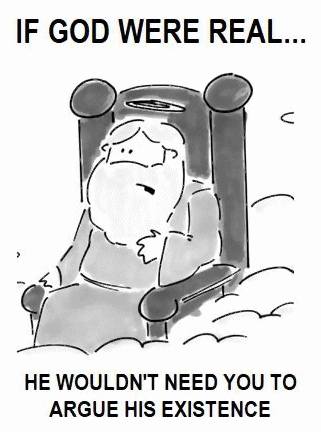
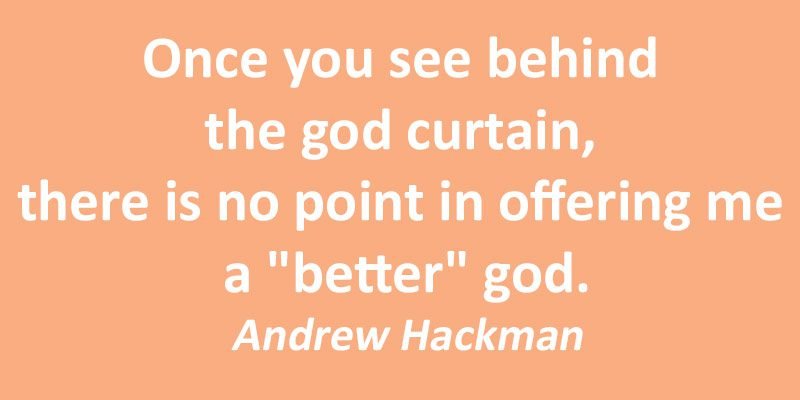
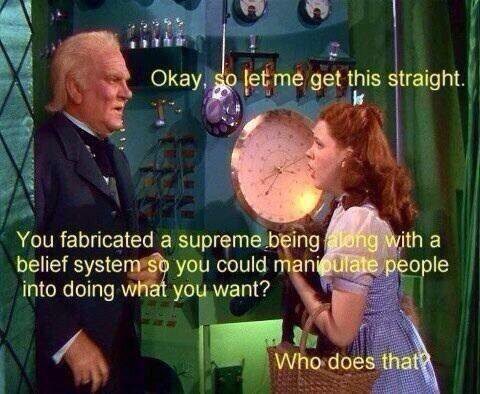


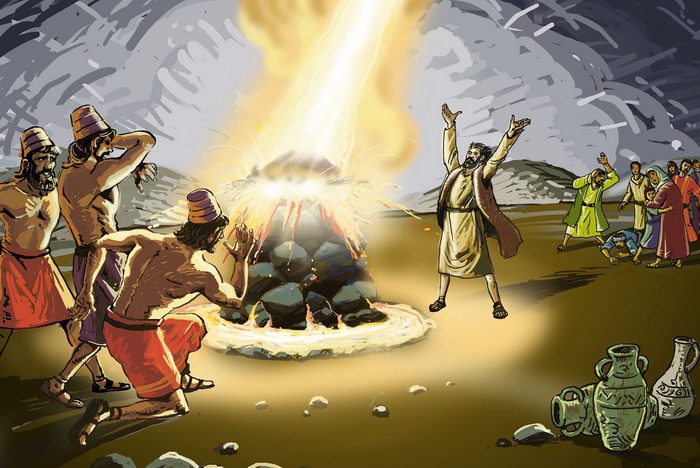
 A guest post by Paul McLaughlin
A guest post by Paul McLaughlin

